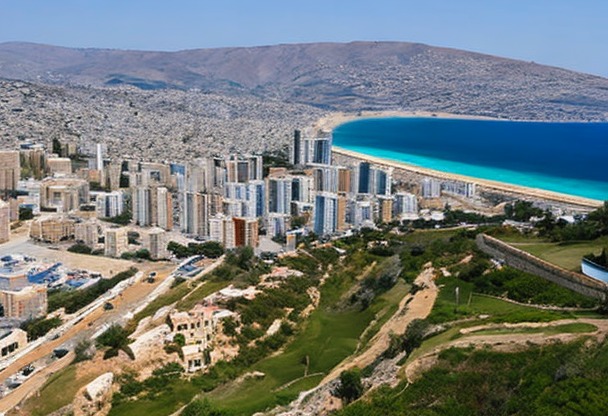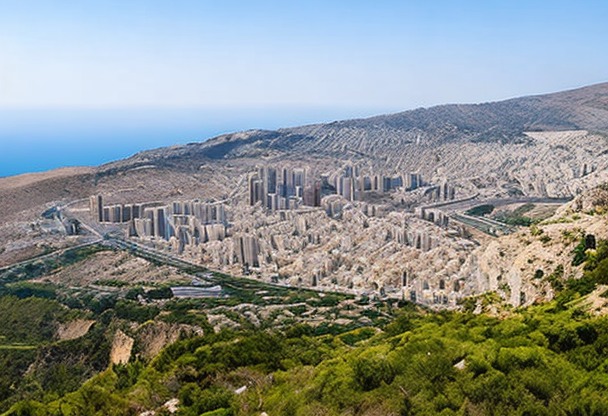WHEN TO TRAVEL TO LEBANON
Choosing the right period for your trip to Lebanon can make all the difference. It's important to consider climatic elements, seasonal events and busy tourist periods to maximize your travel experience.

Location
Climate
Tourist seasons in Lebanon
Lebanon's tourist seasons can be divided into three main categories: the low seasonthe middle season and the high season. Each has its advantages and disadvantages, which we describe below:Low season (December to February)
The low season corresponds to the winter months in Lebanon. Temperatures are cooler and precipitation more frequent, especially in the mountains where snow can be abundant. However, it's also during this period that accommodation and flight prices are at their lowest. What's more, tourist sites are less crowded, allowing you to enjoy them in a more peaceful setting.Mid-season (March to May and September to November)
The mid-season is ideal for those who want to enjoy a pleasant climate and mild temperatures, without the sometimes stifling heat of summer. Rainfall is lower than during the low season, and accommodation prices remain reasonable. It's also an excellent time to discover the country's cultural riches, with numerous events organized in spring and autumn.High season (June to August)
High season corresponds to the summer months, when temperatures can climb to 30°C on the coast and 40°C inland. This is the most touristic period, with higher prices for accommodation and flights. Despite this, summer is a very lively season, especially on the coast, where numerous festivities and concerts are organized.Major cultural events
Lebanon has a rich and varied cultural scene, with numerous festivals and events throughout the year. Here are some of the main cultural events not to be missed during your stay:Byblos International Festival (July-August)
This festival is one of the most important in the Middle East, attracting internationally renowned artists every year. Held in the exceptional setting of the ruins of the archaeological site of Byblos, it features concerts, dance and theatrical performances.Baalbeck International Festival (July-August)
Considered one of the country's most prestigious cultural events, this festival takes place in the majestic Roman temples of Baalbeck. Every year, it welcomes artists from all over the world for concerts of classical music, jazz, theater and dance.Ksara harvest festival (September)
This event celebrates the grape harvest in the Bekaa region, home to some of Lebanon's most important wineries. On the program: wine tastings, musical entertainment and visits to wineries and vineyards.Public holidays in Lebanon
When visiting Lebanon, take into account the following public holidays, which may affect the opening hours of shops and tourist sites:- New Year's Day (January 1)
- Saint Maron (February 9)
- Independence Day (November 22)
- Christmas (December 25)
Insurance
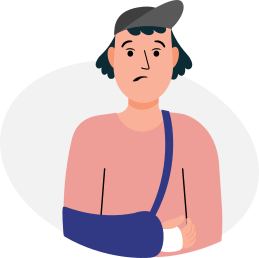
Your credit card does not cover you in all situations, that is whyIt is essential to take out insurance before you leave to avoid any unpleasant surprises. If you need to see a doctor or be hospitalized, in some countries, medical costs are very high and you will then find yourself having to pay several thousand euros.
Our partner Chapka Insurance proposes the contract CAP ASSISTANCE 24/24 with many essential guarantees.
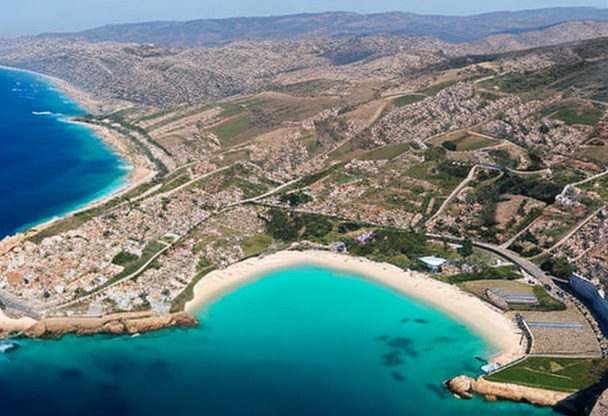
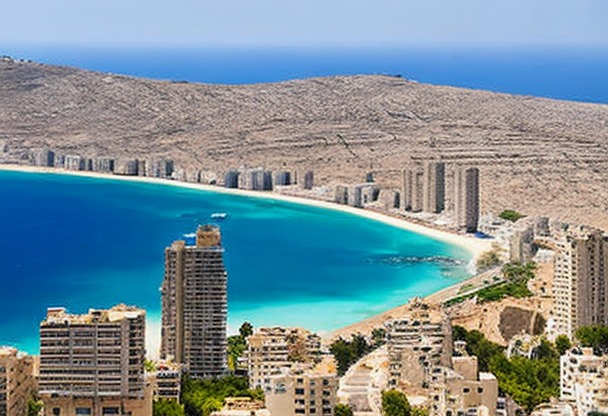
Flights
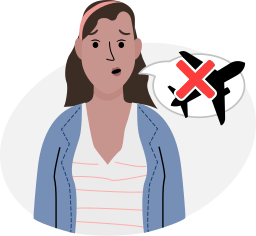
Your flight has been cancelled or delayed ?
You may be eligible for a compensation of up to €600 ! For this, lawyers are responsible for handling your claim with the airline and are only paid when the reimbursement is effective.
In conclusion, no financial risk for you, only advantages!
Immigration figures for Lebanon
According to data provided by the Office of the United Nations High Commissioner for Refugees (UNHCR), the number of refugees in Lebanon stood at around 1.5 million in 2020, the majority of whom came from Syria. In addition, it is estimated that nearly 200,000 migrant workers also live in the country. Main countries of origin of immigrants to Lebanon are :- Syria: with an estimated one million Syrian refugees living in Lebanon.
- Palestine: some 175,000 Palestinian refugees are registered in the country.
- Ethiopia, the Philippines and Bangladesh: these countries account for a significant proportion of the migrant workers living in Lebanon.
Most popular visas in Lebanon
Lebanon offers different types of visa for foreigners wishing to visit the country. The most commonly requested visas are :Tourist visa
This visa is issued to people wishing to visit Lebanon for tourist, family or personal reasons. Tourist visas are valid for between 15 days and three months, depending on the applicant's nationality and the length of the planned stay.Business Visa
The business visa is intended for people wishing to travel to Lebanon on business. It is generally valid for a maximum period of three months, with the possibility of extension.Student Visa
International students wishing to study in Lebanon must apply for a student visa. This visa is generally valid for the duration of the studies, with the possibility of renewal each year.Work visa
Migrant workers and employers in Lebanon are required to obtain a work visa to work in the country. This type of visa is generally issued for a period of six months to one year, depending on the job.International tourism figures for Lebanon
Tourism is a key sector of the Lebanese economy, contributing around 7% of GDP in 2019. The main countries of origin for tourists are UNITED STATESthe France, l'Germanythe Russia and neighboring Arab countries. Lebanon's tourism sector is largely based on the country's cultural and historical heritage, with must-see sites such as :- The city of Beirut, capital of Lebanon and the country's cultural and economic center.
- The Roman ruins of Baalbek, a UNESCO World Heritage site.
- The Jeita caves, one of the country's greatest natural attractions.
- The traditional village of Byblos, considered one of the oldest inhabited towns in the world.
